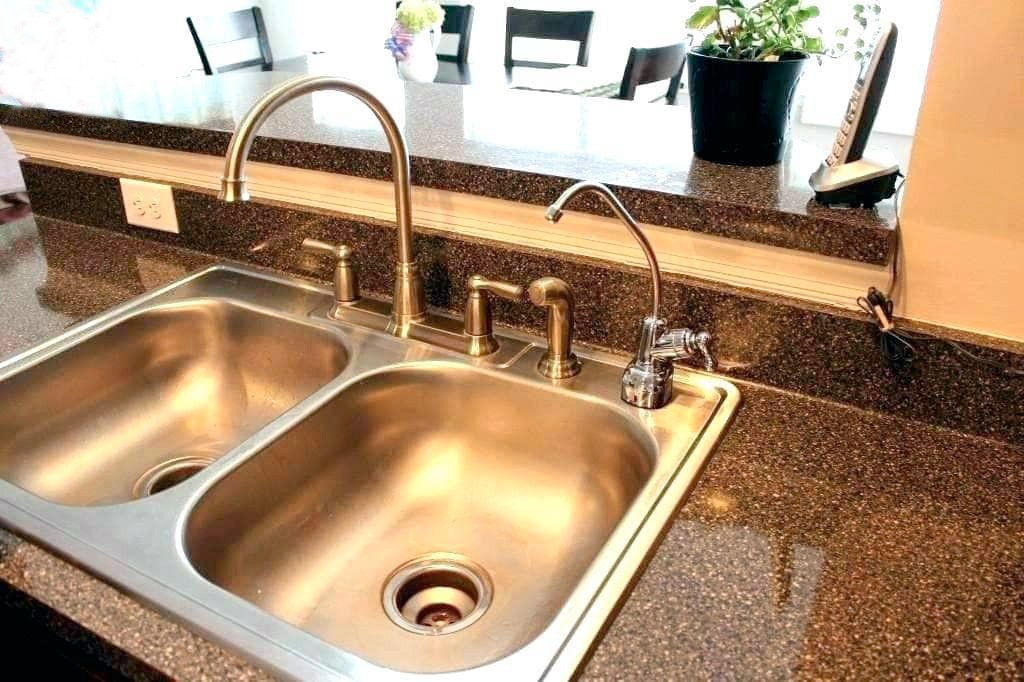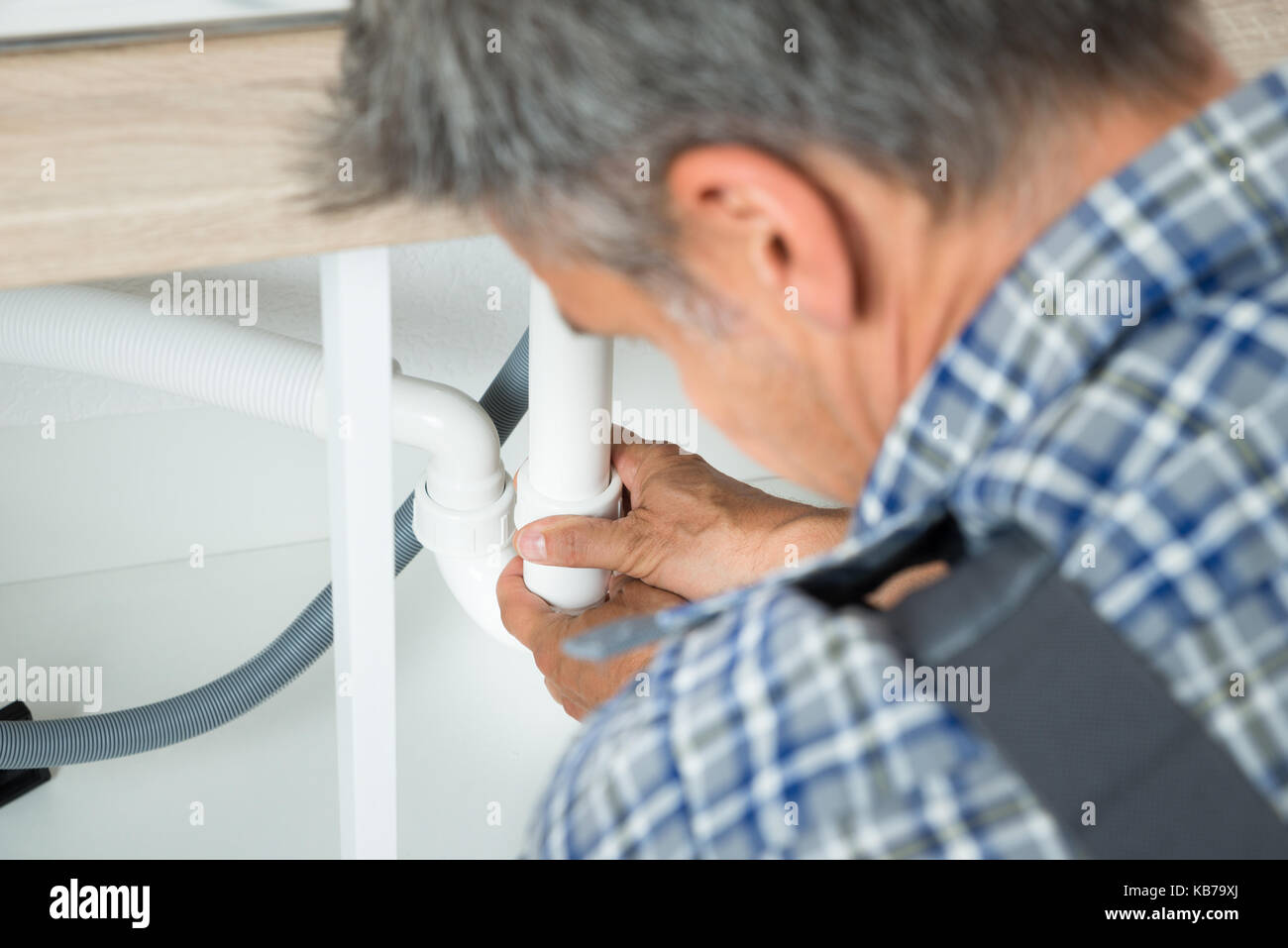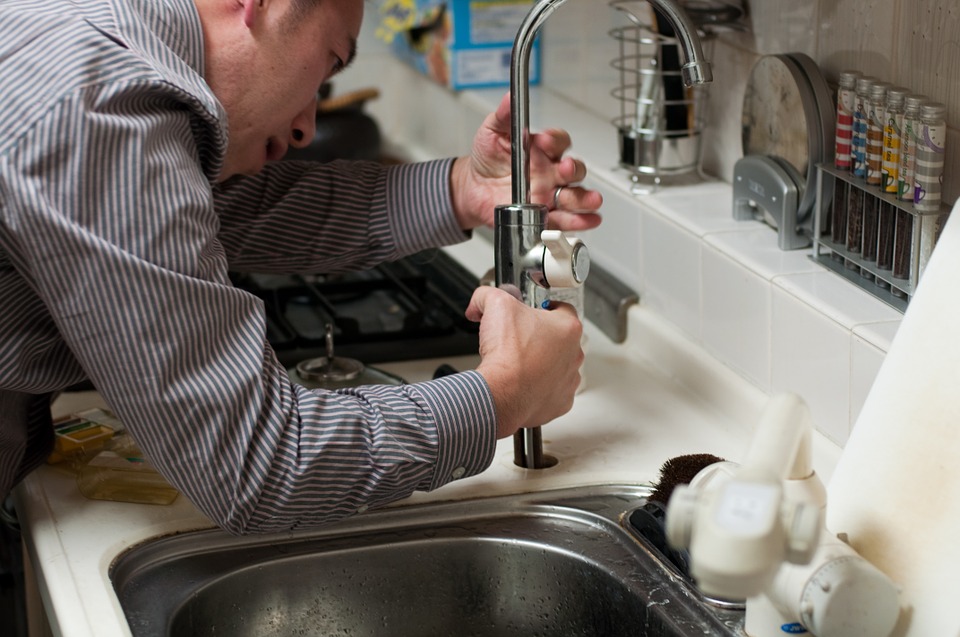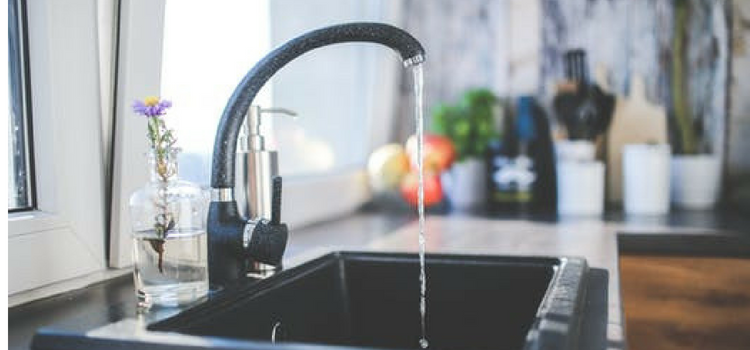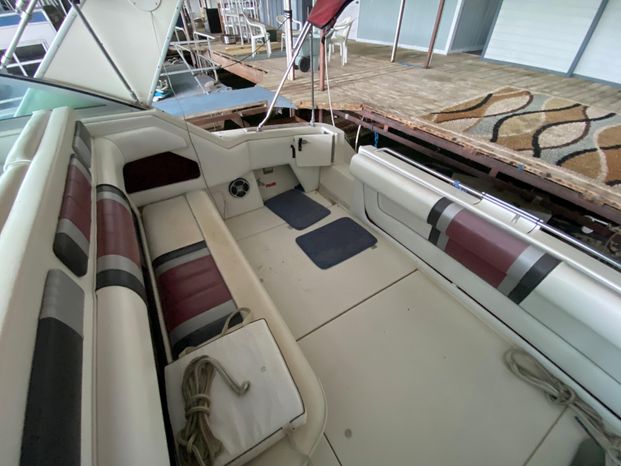When it comes to your kitchen sink, the pipes are an essential component that you can't overlook. These pipes are responsible for carrying clean water into your sink and removing dirty water and food scraps. However, with so many different types of pipes available, it can be overwhelming to choose the right one for your kitchen sink. In this article, we will discuss the top 10 main pipes needed for a kitchen sink to help you make an informed decision.Types of Pipes Needed for Kitchen Sink
Before we dive into the different types of pipes, it's important to understand how to choose the right one for your kitchen sink. There are a few factors to consider, such as the size of your sink, the material of the pipes, and your budget. Firstly, you need to measure the size of your sink and determine the type of pipes that will fit. You also need to consider the material of the pipes, as some are more durable and long-lasting than others. Lastly, your budget will play a significant role in your decision, as some pipes can be more expensive than others.How to Choose the Right Pipes for Your Kitchen Sink
There are several common materials used for kitchen sink pipes, each with its own benefits and drawbacks. PVC or polyvinyl chloride pipes are one of the most popular choices for kitchen sinks. They are affordable, lightweight, and easy to install. However, they can become brittle over time and may not be suitable for hot water installations. CPVC or chlorinated polyvinyl chloride pipes are a stronger version of PVC pipes and can withstand higher temperatures. They are also more resistant to chemicals and corrosion. PEX or cross-linked polyethylene pipes are flexible, making them perfect for tight spaces. They are also corrosion-resistant and can handle high water pressure. However, they can be more expensive than other pipes. Copper pipes are a traditional choice for kitchen sinks and are known for their durability and strength. They can also handle high water pressure and are resistant to corrosion. However, they can be more expensive and may require professional installation.Common Materials Used for Kitchen Sink Pipes
Installing pipes for a kitchen sink may seem like a daunting task, but with the right tools and knowledge, it can be a straightforward process. Here is a step-by-step guide to help you install pipes for your kitchen sink: Step 1: Measure and cut the pipes to the appropriate length. Step 2: Use a pipe cutter or hacksaw to cut the pipes. Step 3: Clean the edges of the pipes with a deburring tool or sandpaper. Step 4: Assemble the pipes and fittings using solvent cement or PTFE tape. Step 5: Connect the pipes to the sink and the main water line. Step 6: Turn on the water and check for any leaks. If there are any, tighten the fittings or use pipe sealant.Installing Pipes for a Kitchen Sink: Step-by-Step Guide
When it comes to the best brands for kitchen sink pipes, there are a few that stand out in terms of quality and reliability. Moen is a well-known brand that offers high-quality pipes made from durable materials. They are also known for their easy installation process. Kohler is another popular brand that offers a variety of pipes in different materials, sizes, and styles. They are known for their innovative designs and durability. Delta is a trusted brand that offers a wide range of pipes for kitchen sinks. They are known for their affordable prices and long-lasting pipes.Best Brands for Kitchen Sink Pipes
Leaks in kitchen sink pipes can be a common issue, but they can also be easily fixed with a few simple steps. Step 1: Turn off the water supply to the sink. Step 2: Identify the source of the leak and determine if any pipes need to be replaced. Step 3: Use a pipe sealant or tape to seal any small leaks. Step 4: If a pipe needs to be replaced, follow the same steps as installing new pipes. Step 5: Turn the water supply back on and check for any additional leaks.How to Fix Leaks in Kitchen Sink Pipes
When it comes to the size of kitchen sink pipes, there are two main measurements to consider: the diameter and the length. The diameter of the pipes will depend on the size of your sink and the type of pipes you are using. The standard diameter for kitchen sink pipes is 1 ½ inches, but some sinks may require a larger diameter. The length of the pipes will depend on the distance between the sink and the main water line. It's important to measure this accurately to ensure you have enough piping to connect the two.Understanding the Different Sizes of Kitchen Sink Pipes
If you have an older home, you may need to replace the pipes for your kitchen sink. Here are a few signs that it's time to replace your old pipes: 1. Frequent leaks: If you experience frequent leaks in your kitchen sink pipes, it may be a sign that they are old and deteriorating. 2. Strange noises: Gurgling or whistling noises coming from your kitchen sink pipes can indicate that they are clogged or old and need to be replaced. 3. Rusty pipes: If you notice any rust or corrosion on your pipes, it's a clear sign that they need to be replaced.Replacing Old Pipes for a Kitchen Sink
Proper maintenance is key to ensuring your kitchen sink pipes last for a long time. Here are a few tips to help you maintain your pipes: 1. Avoid pouring grease or oil down the sink: These substances can clog your pipes and cause damage over time. 2. Use a drain stopper: This will help catch any food scraps and prevent them from going down the drain and clogging the pipes. 3. Run hot water after each use: This will help flush out any debris and keep your pipes clean.Tips for Maintaining Your Kitchen Sink Pipes
The cost of installing new pipes for a kitchen sink will vary depending on the type of pipes you choose and the complexity of the installation process. On average, you can expect to pay between $300-$600 for a professional installation. In conclusion, the pipes for your kitchen sink are an important aspect to consider when designing or renovating your kitchen. By understanding the different types of pipes, their materials, and how to maintain them, you can ensure your kitchen sink functions properly for years to come.Cost of Installing New Pipes for a Kitchen Sink
Why Proper Pipes are Essential for Your Kitchen Sink
/how-to-install-a-sink-drain-2718789-hero-24e898006ed94c9593a2a268b57989a3.jpg)
The Importance of Choosing the Right Pipes for Your Kitchen Sink
 When it comes to designing your dream kitchen, there are many important factors to consider. From the layout and appliances to the color scheme and finishes, each element plays a crucial role in creating a functional and visually appealing space. However, one aspect that is often overlooked is the
importance of choosing the right pipes
for your kitchen sink. While it may seem like a mundane detail, the type of pipes you use can greatly impact the overall functionality and maintenance of your kitchen.
When it comes to designing your dream kitchen, there are many important factors to consider. From the layout and appliances to the color scheme and finishes, each element plays a crucial role in creating a functional and visually appealing space. However, one aspect that is often overlooked is the
importance of choosing the right pipes
for your kitchen sink. While it may seem like a mundane detail, the type of pipes you use can greatly impact the overall functionality and maintenance of your kitchen.
The Role of Pipes in Your Kitchen Sink
 Pipes are the unsung heroes of your kitchen sink, responsible for delivering clean water and removing waste efficiently.
Proper pipes
are essential for ensuring that your kitchen sink functions properly and stays in good condition for years to come.
Kitchen sinks
are used for a variety of tasks, from washing dishes and hands to preparing food and disposing of waste. This means that the pipes need to be able to handle a wide range of substances and maintain a steady flow of water. Additionally,
high-quality pipes
can also prevent leaks, clogs, and other plumbing issues that can be costly and inconvenient to fix.
Pipes are the unsung heroes of your kitchen sink, responsible for delivering clean water and removing waste efficiently.
Proper pipes
are essential for ensuring that your kitchen sink functions properly and stays in good condition for years to come.
Kitchen sinks
are used for a variety of tasks, from washing dishes and hands to preparing food and disposing of waste. This means that the pipes need to be able to handle a wide range of substances and maintain a steady flow of water. Additionally,
high-quality pipes
can also prevent leaks, clogs, and other plumbing issues that can be costly and inconvenient to fix.
Types of Pipes for Your Kitchen Sink
 When it comes to choosing the right pipes for your kitchen sink, there are a few options to consider. The most common types of pipes used in kitchens are
PVC, copper, and stainless steel
. PVC pipes are budget-friendly and easy to install, but they may not be as durable as other options. Copper pipes are more expensive, but they are known for their longevity and ability to resist corrosion. Stainless steel pipes are a popular choice due to their durability and ability to withstand high levels of heat and pressure.
It's important to choose pipes
that are compatible with your kitchen's layout and plumbing system to ensure proper functioning.
When it comes to choosing the right pipes for your kitchen sink, there are a few options to consider. The most common types of pipes used in kitchens are
PVC, copper, and stainless steel
. PVC pipes are budget-friendly and easy to install, but they may not be as durable as other options. Copper pipes are more expensive, but they are known for their longevity and ability to resist corrosion. Stainless steel pipes are a popular choice due to their durability and ability to withstand high levels of heat and pressure.
It's important to choose pipes
that are compatible with your kitchen's layout and plumbing system to ensure proper functioning.


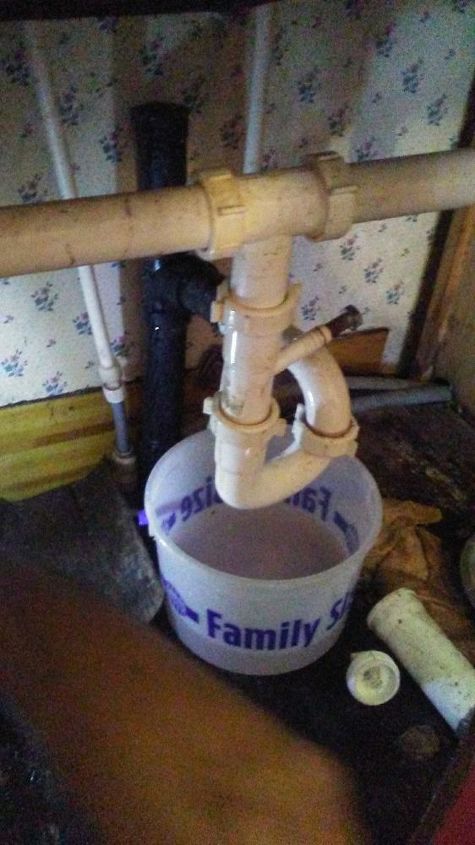
:max_bytes(150000):strip_icc()/how-to-install-a-sink-drain-2718789-hero-24e898006ed94c9593a2a268b57989a3.jpg)

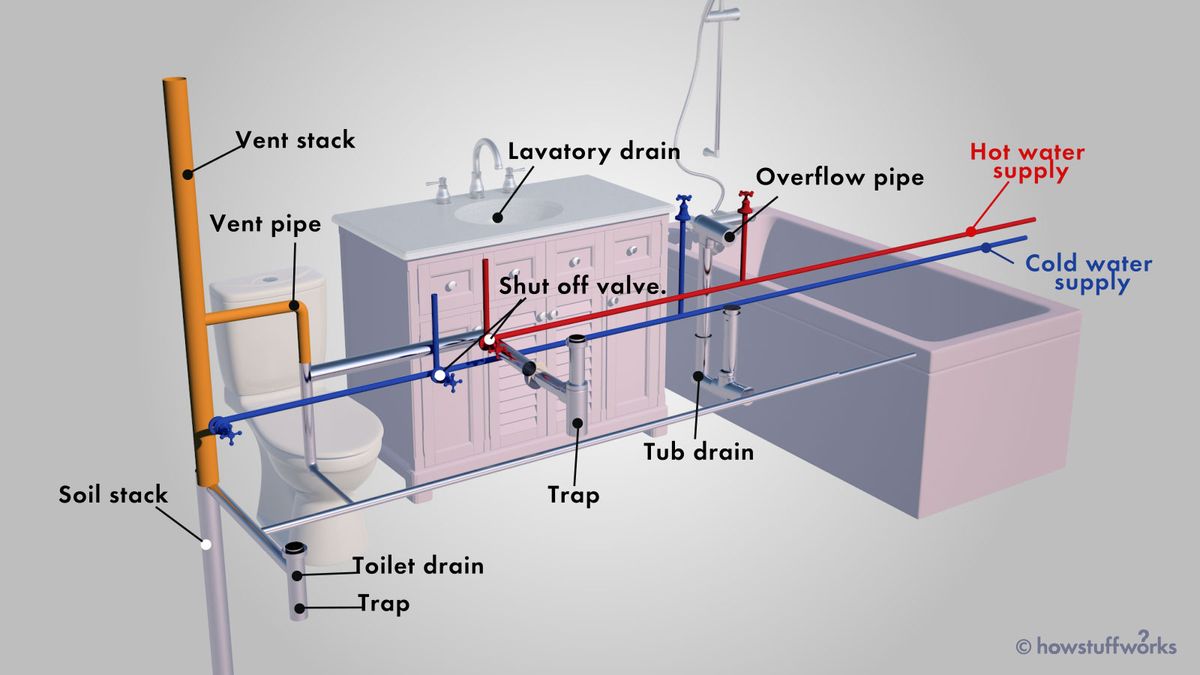


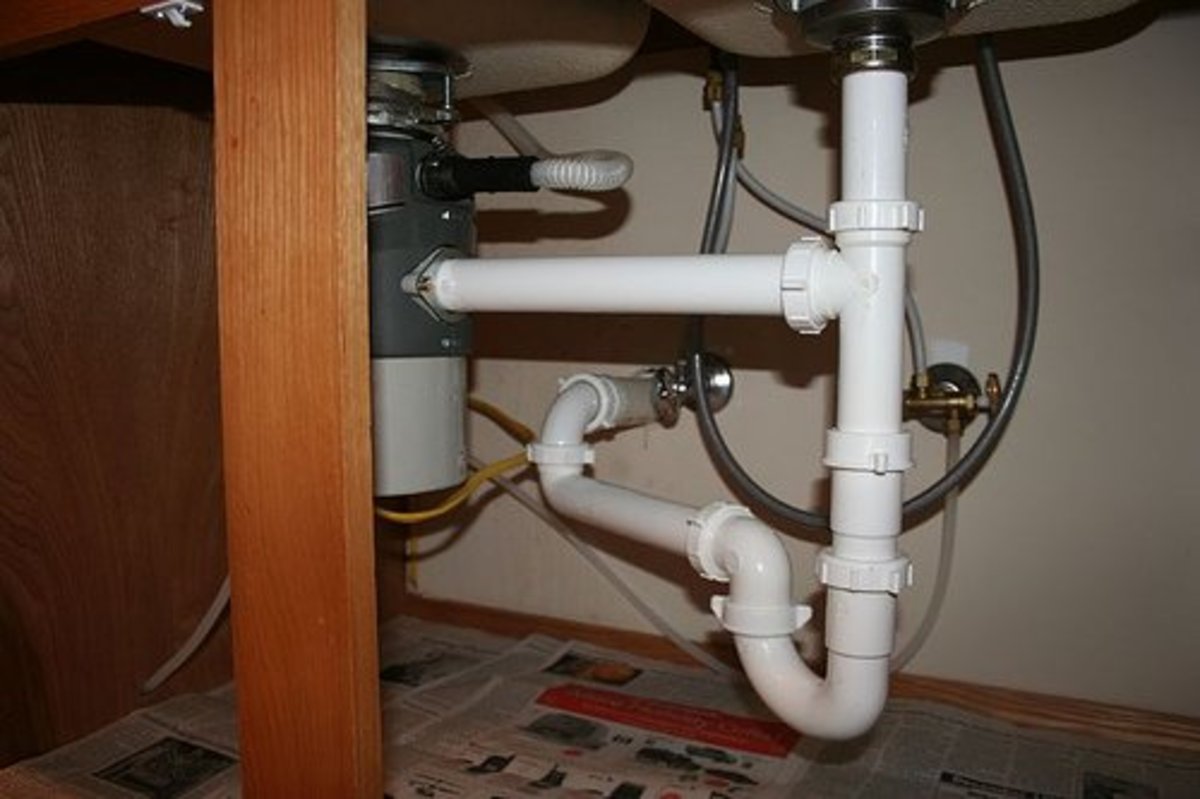


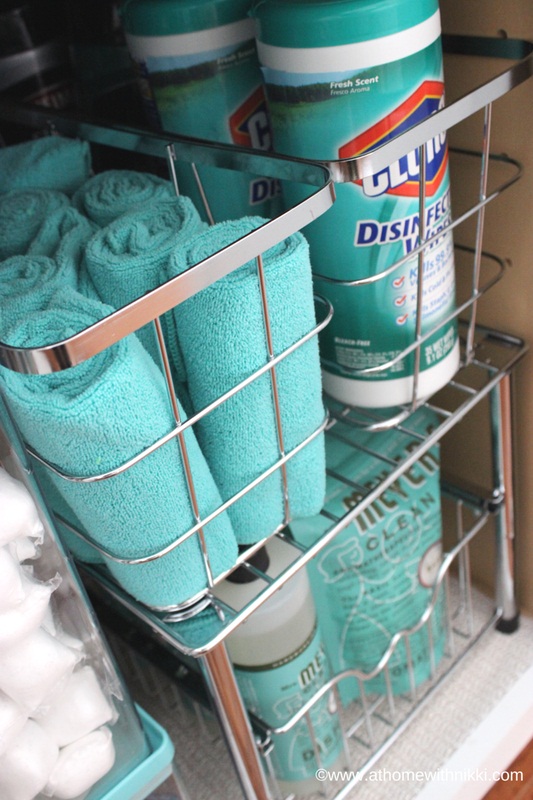



:max_bytes(150000):strip_icc()/Basic-kitchen-sink-types-1821207_color_rev-0b539306b9ef4236a136624ad2a89a4c.jpg)






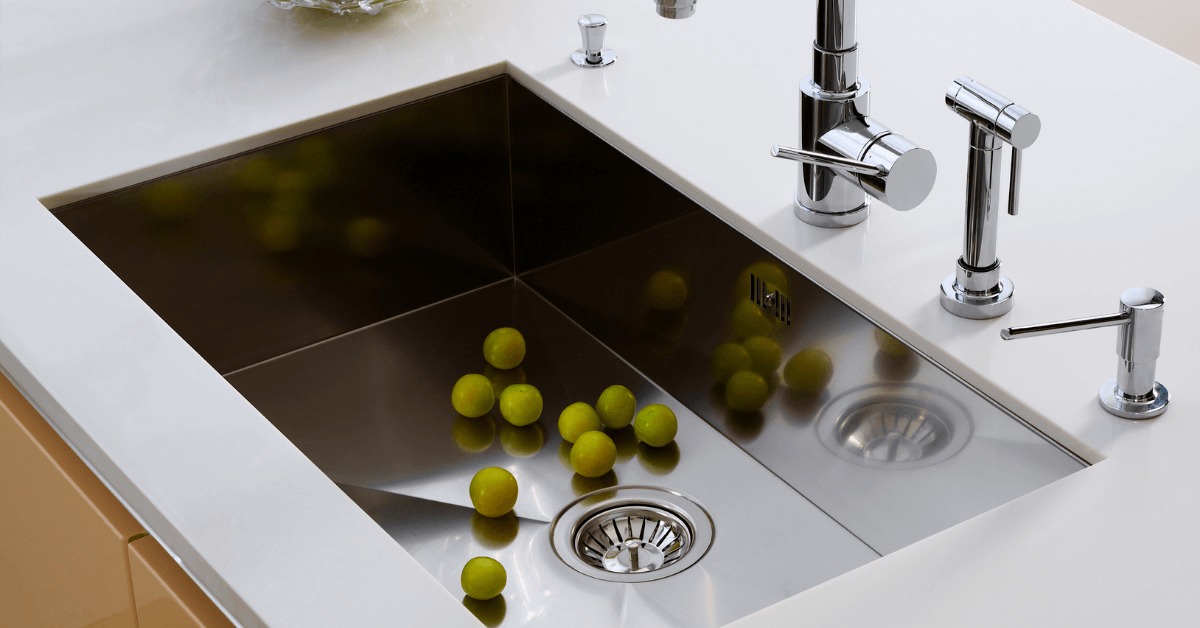





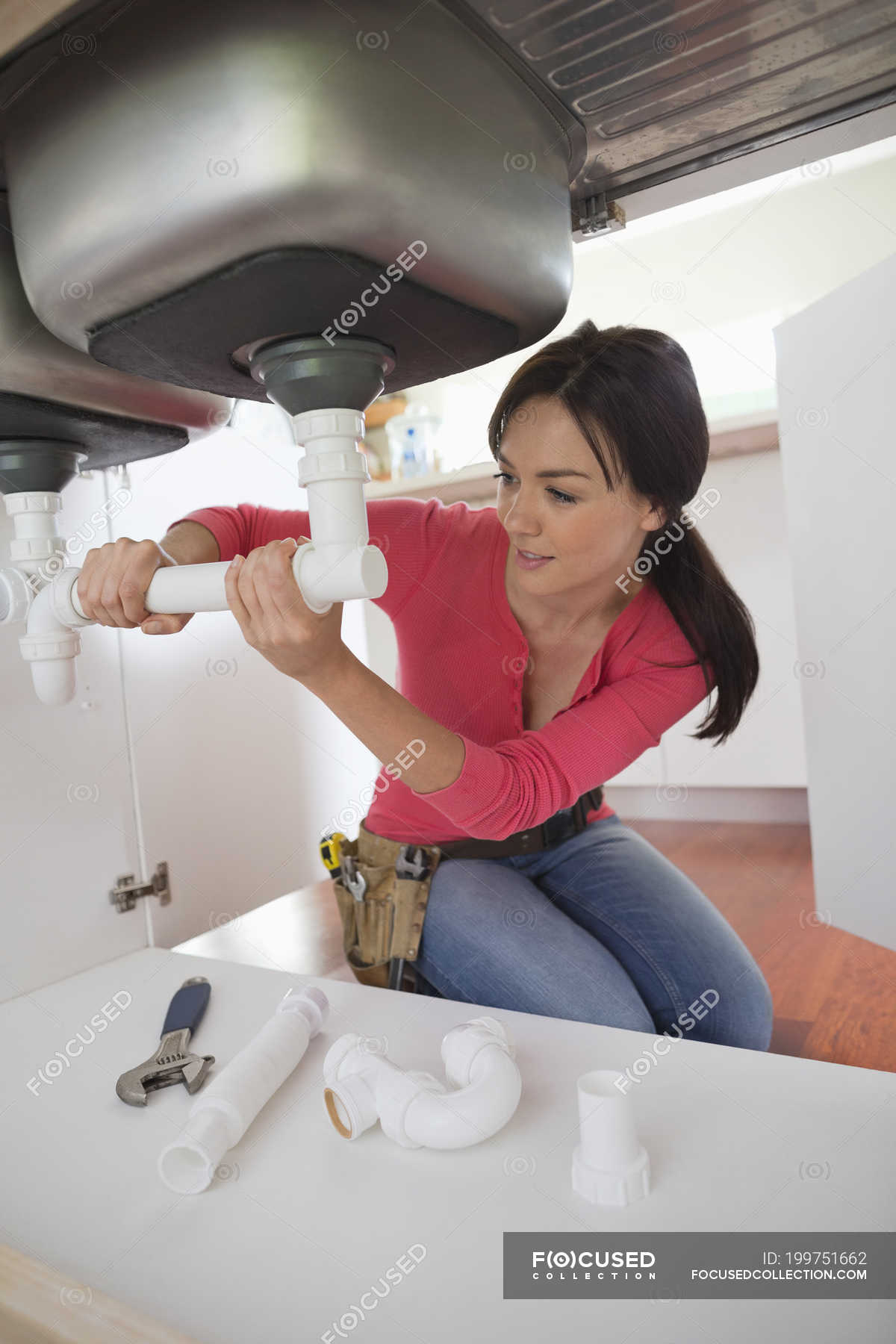

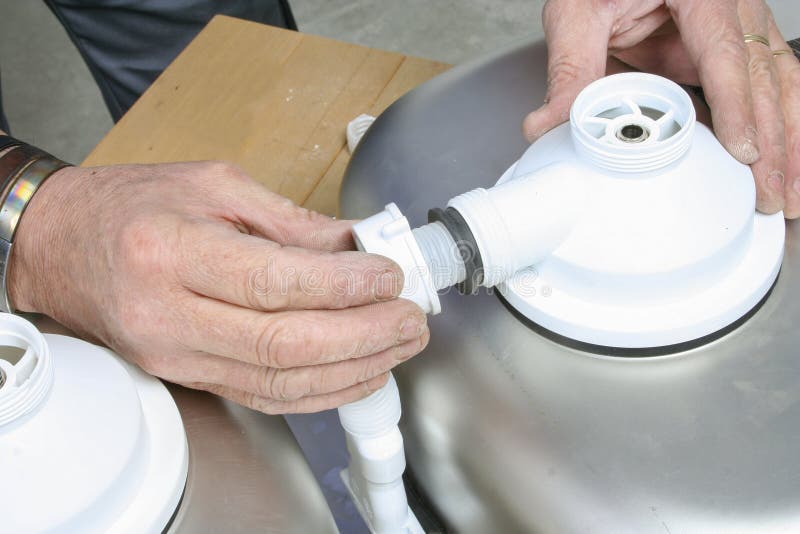

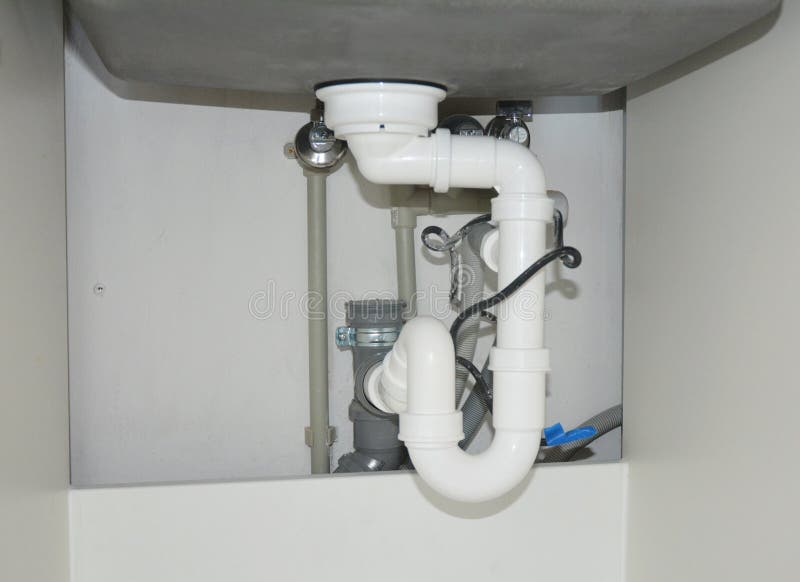
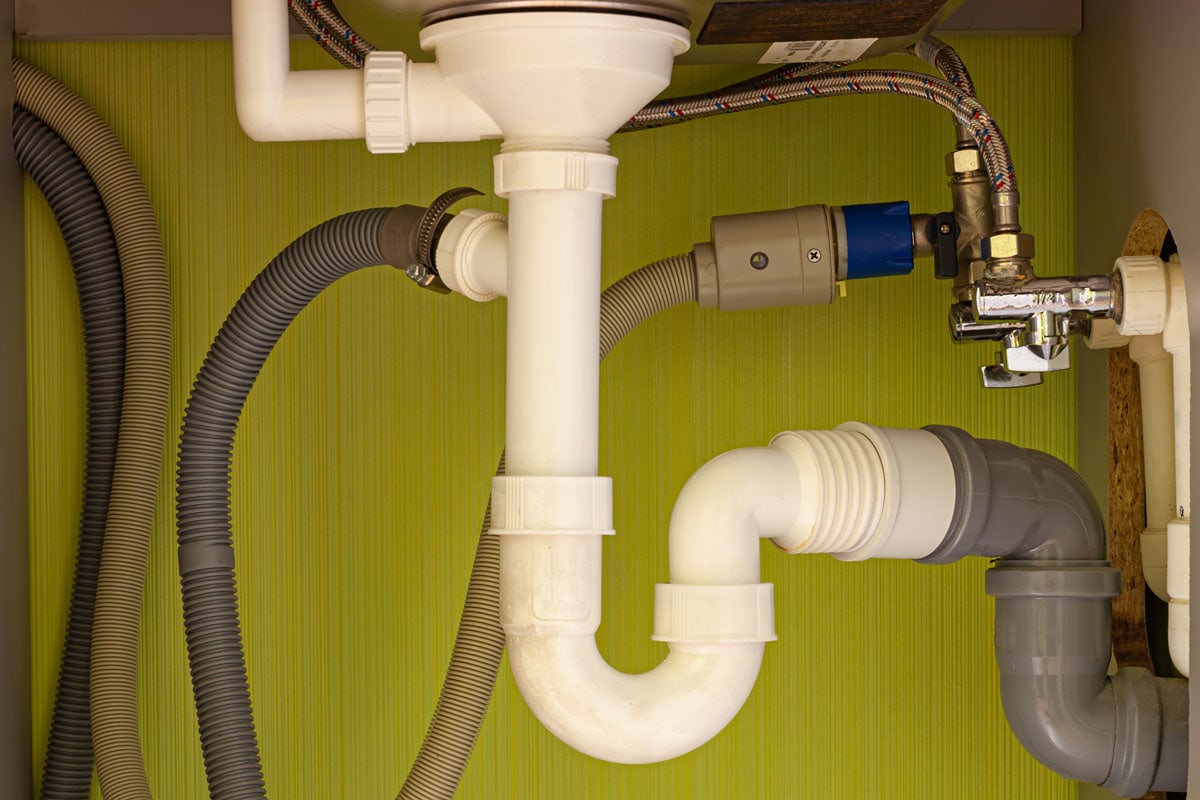



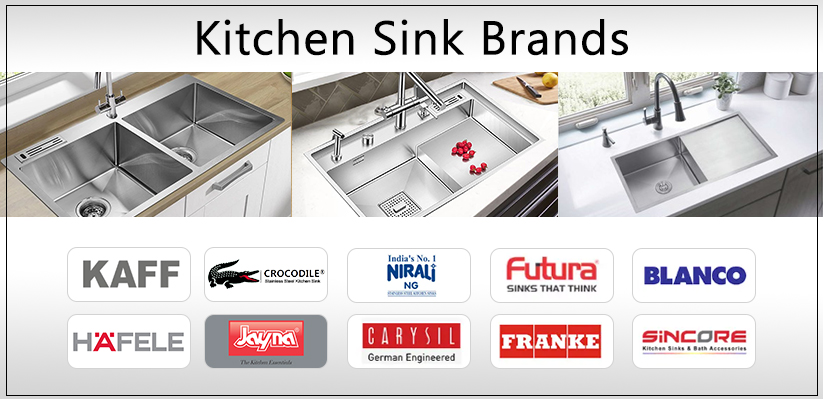

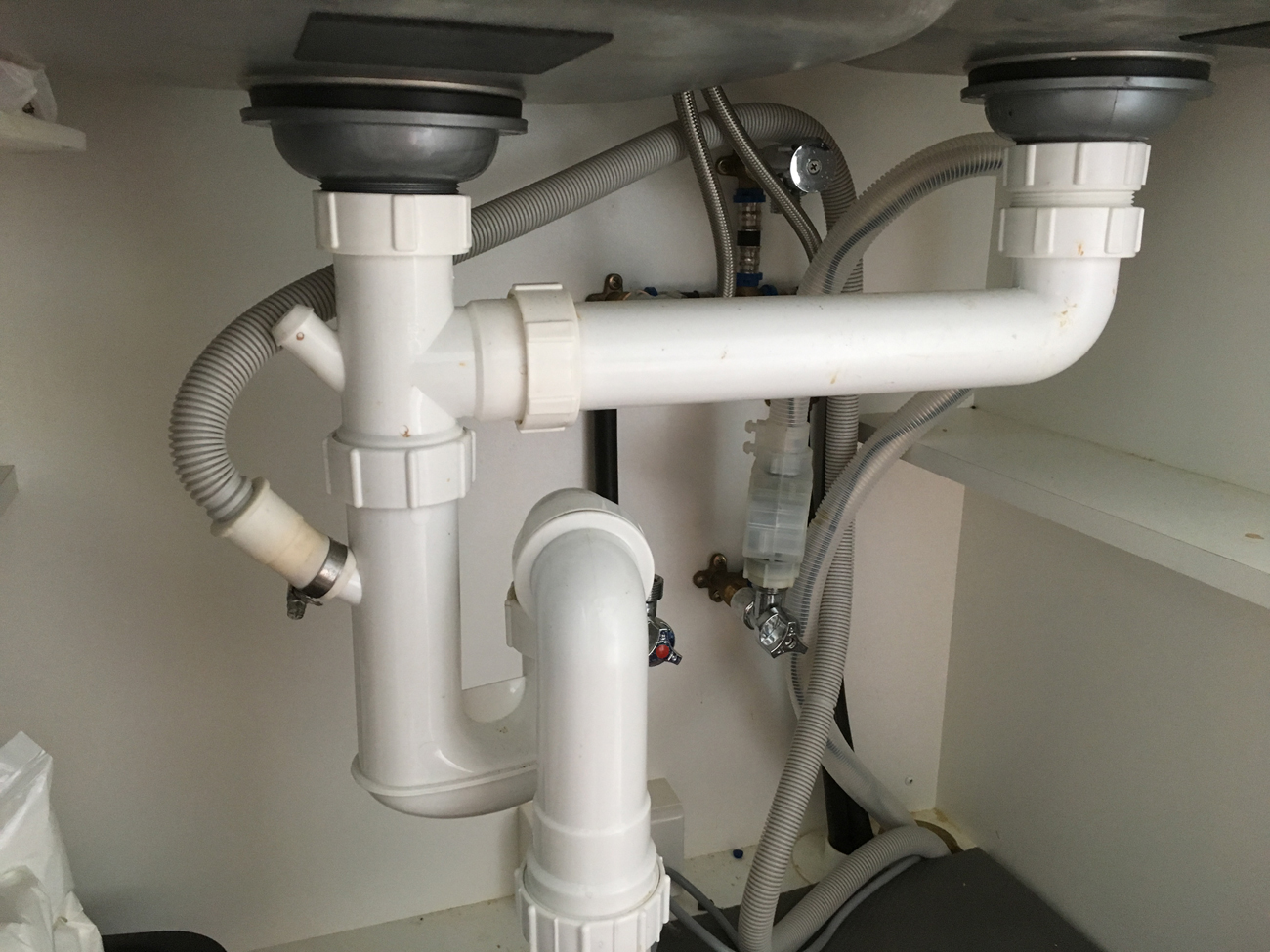
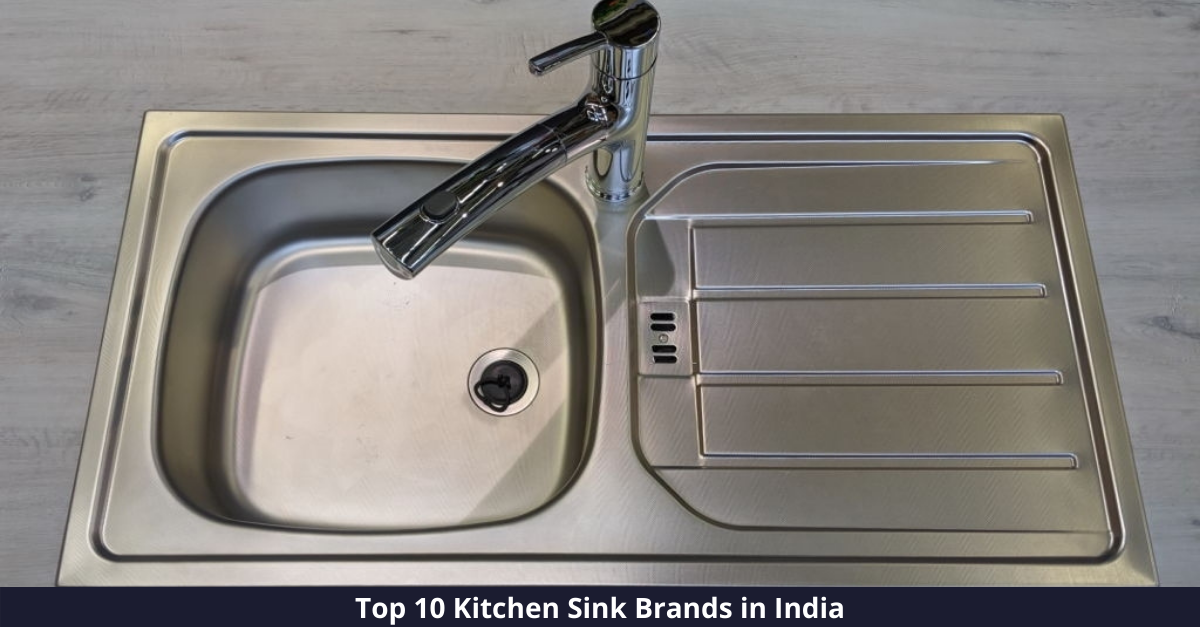
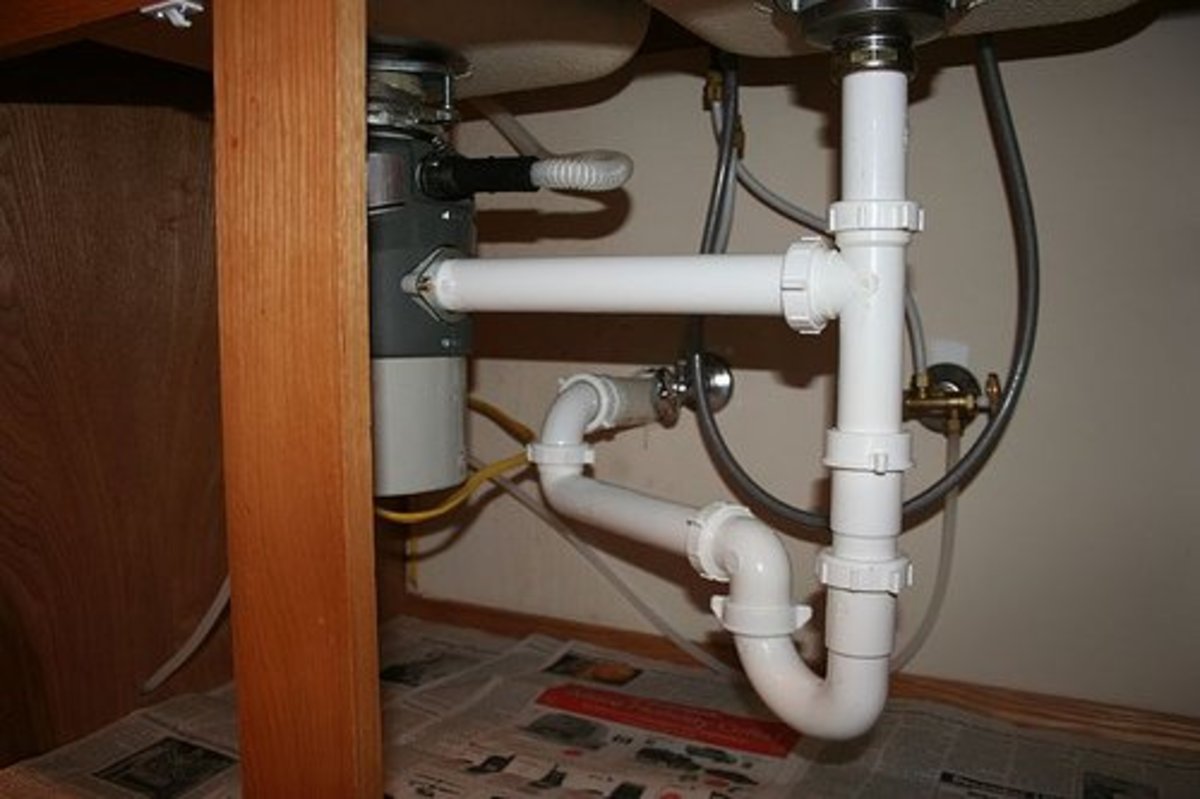
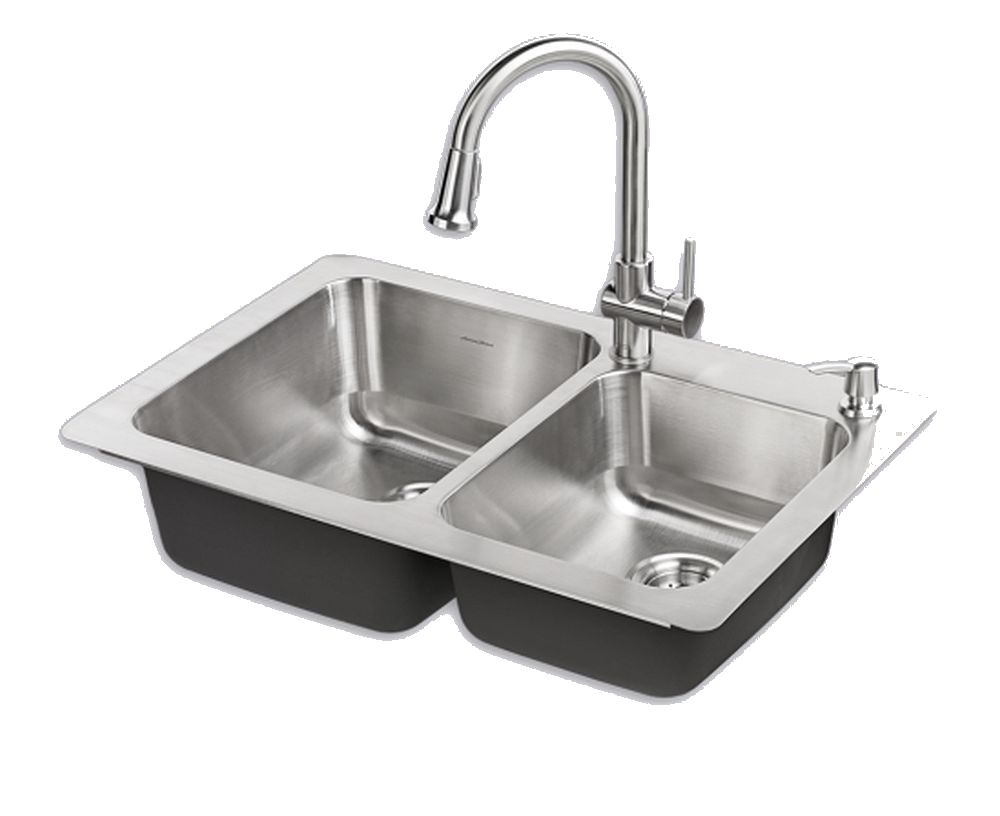
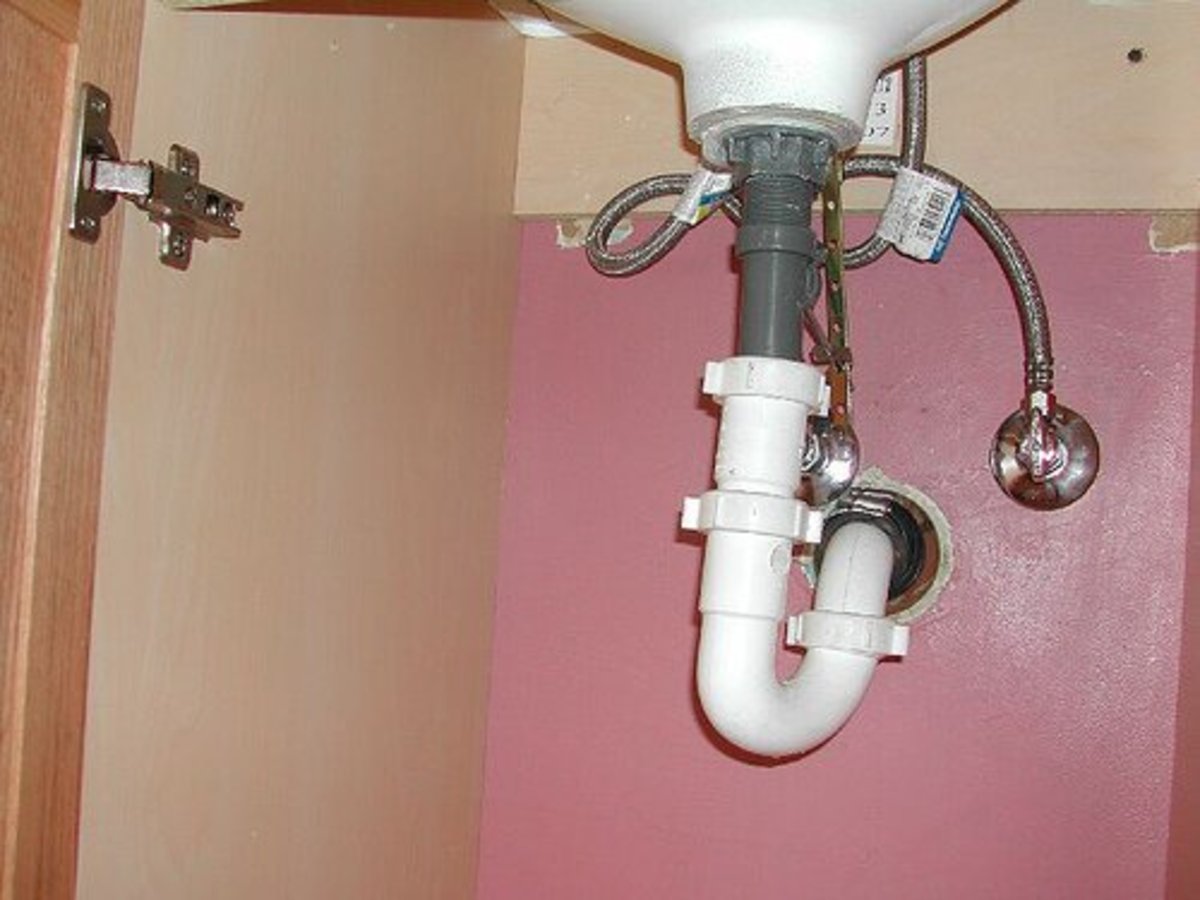




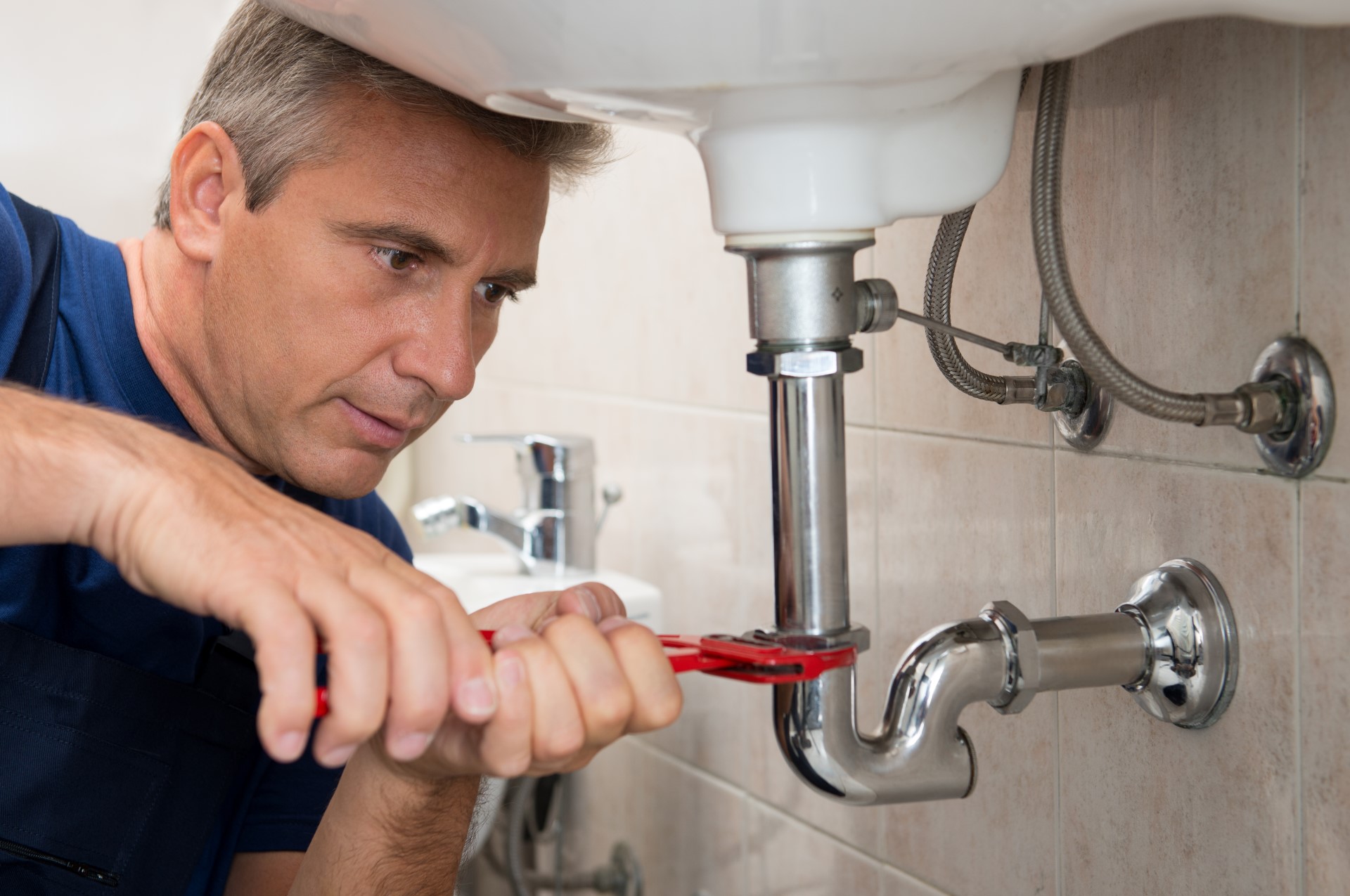








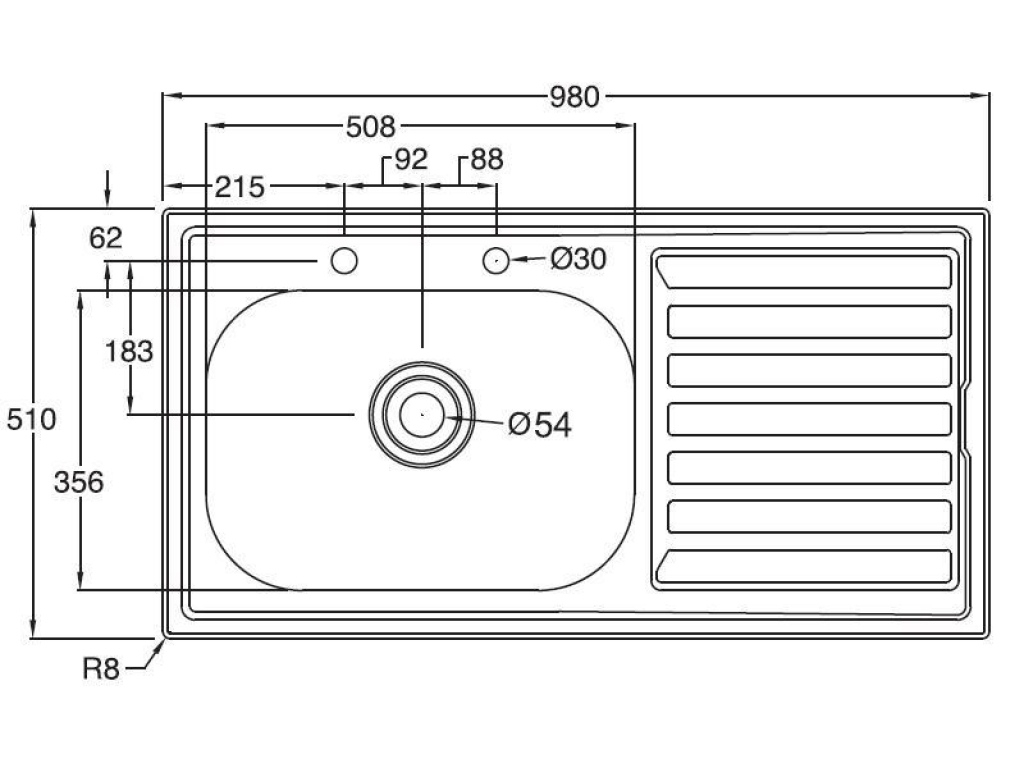
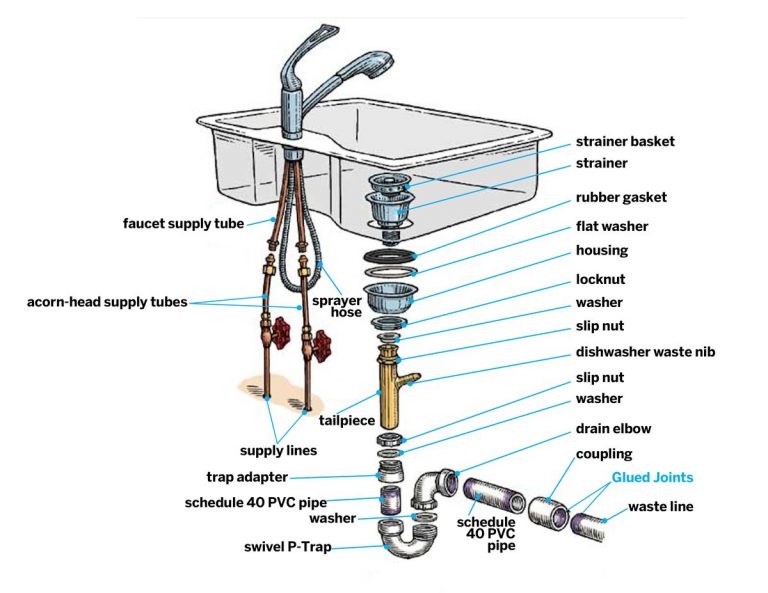
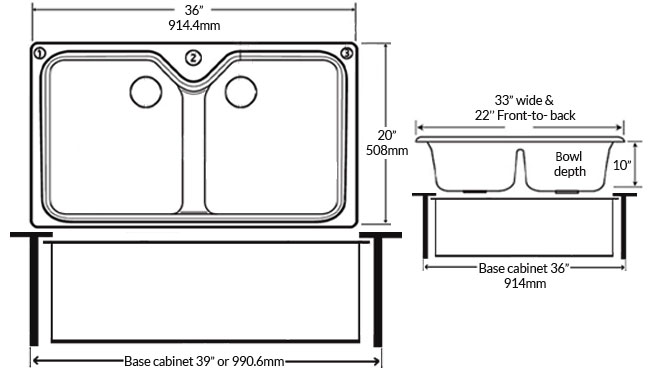
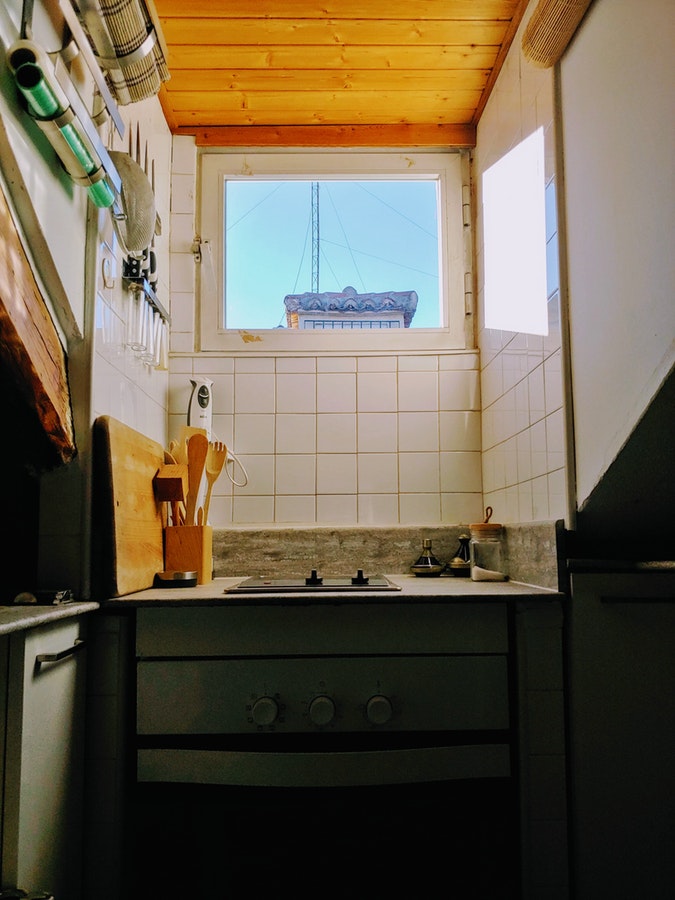


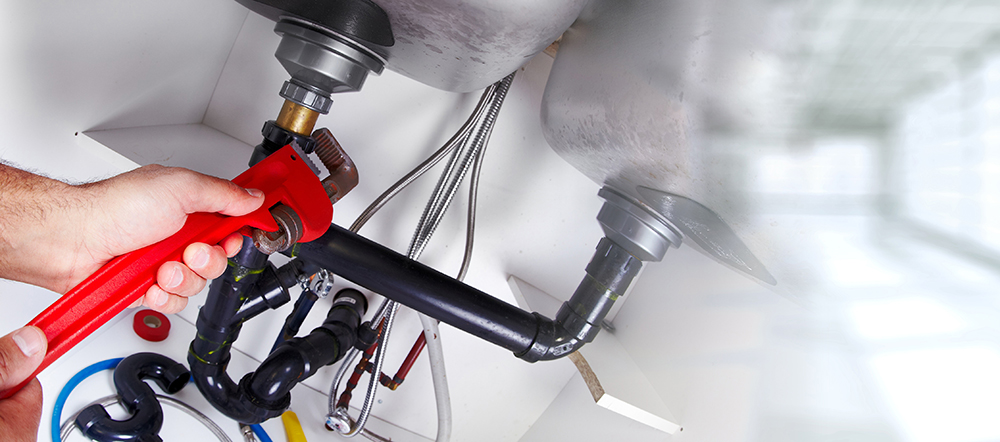

:max_bytes(150000):strip_icc()/sink-pipe-under-wash-basin-119001607-75542e154b364e7bb52032249f293908.jpg)




